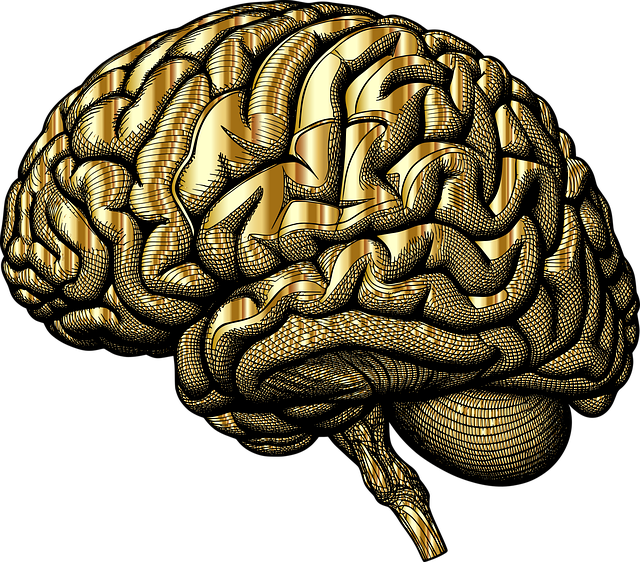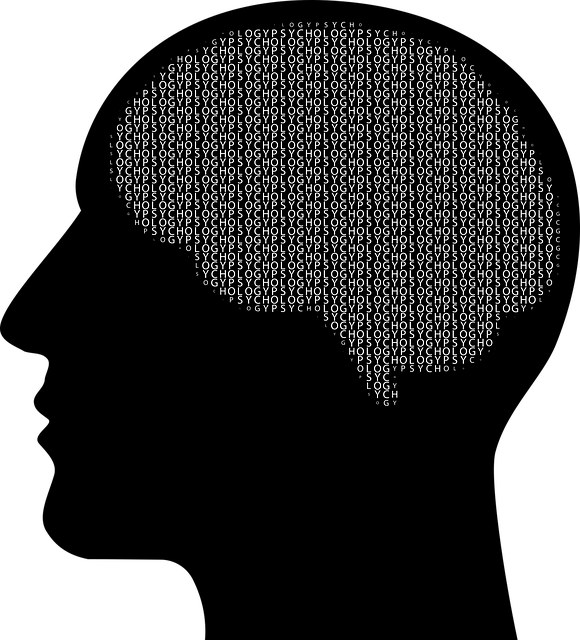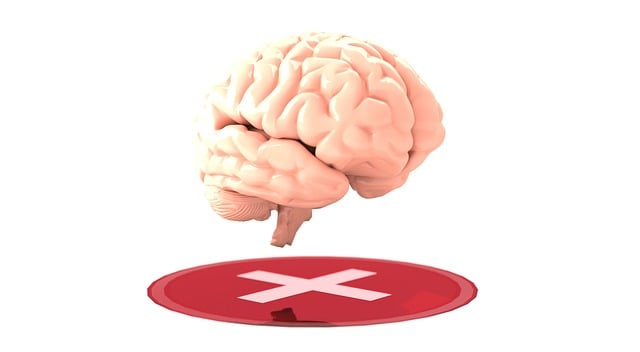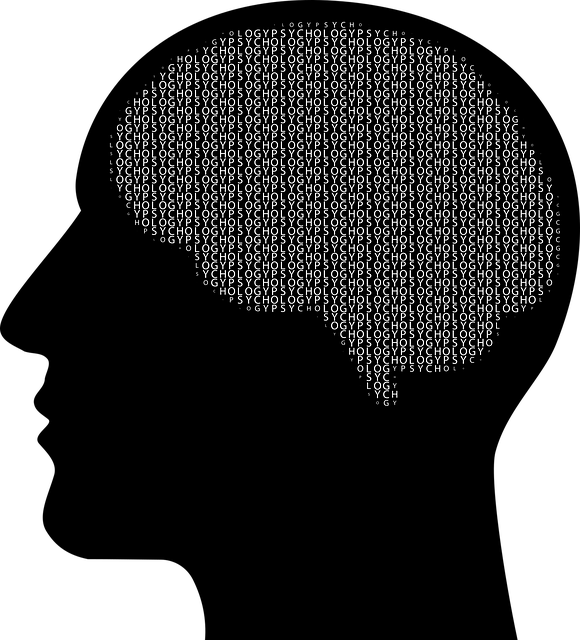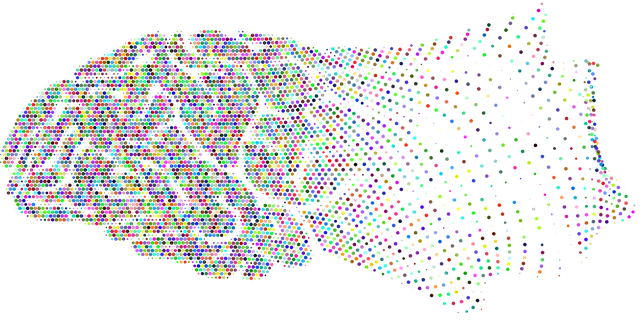Cultural competency is a crucial aspect of improving therapy outcomes for young children with panic disorder and anxiety attacks. By understanding and respecting diverse cultural backgrounds, healthcare providers can tailor therapeutic approaches, enhancing communication, building trust, and promoting effective stress management and depression prevention strategies. This personalized care ensures treatment aligns with unique family dynamics and cultural contexts, ultimately improving the well-being of these young patients. Continuous education and social skills training for healthcare providers, along with burnout prevention strategies, are essential to effectively deliver therapy tailored to diverse patient backgrounds.
Cultural competency training is an essential tool for healthcare providers, especially when treating young children with panic disorder and anxiety attacks. Understanding cultural nuances can significantly impact effective therapy outcomes. This article delves into the significance of cultural competency in healthcare, focusing on its role in addressing panic disorders among children. We explore the benefits of cultural awareness, offering practical strategies to enhance training for healthcare providers, ultimately aiming to improve mental health care delivery for diverse young patients.
- Understanding Cultural Competency in Healthcare for Effective Therapy
- The Impact of Cultural Awareness on Treating Panic Disorder and Anxiety in Children
- Strategies and Techniques for Healthcare Providers to Enhance Cultural Competency Training
Understanding Cultural Competency in Healthcare for Effective Therapy

Cultural competency in healthcare is a vital aspect that significantly influences the effectiveness of therapy for young children suffering from panic disorder and anxiety attacks. It involves understanding and appreciating the cultural backgrounds, beliefs, and values of patients, enabling healthcare providers to deliver more personalized and sensitive care. When treating young individuals with mental health issues, cultural sensitivity ensures that therapeutic approaches are tailored to align with their unique cultural contexts, enhancing treatment outcomes.
This concept is especially crucial when addressing anxiety-related disorders in children, as cultural factors can greatly impact their experiences and expressions of fear and distress. For instance, a child from a community with strong familial bonds might seek support within their immediate family unit, while another child from a more individualistic culture may prefer one-on-one therapy sessions. By incorporating cultural competency training, healthcare providers can facilitate effective communication, build trust, and improve the overall well-being of young patients through tailored stress management techniques, depression prevention strategies, and enhanced therapeutic interventions.
The Impact of Cultural Awareness on Treating Panic Disorder and Anxiety in Children

Cultural awareness plays a pivotal role in effectively treating panic disorder and anxiety attacks in young children. Healthcare providers with strong cultural competency skills are better equipped to understand and address the unique needs of children from diverse backgrounds, ensuring tailored therapy for Young Children Panic Disorder and Anxiety Attacks. Recognizing and respecting cultural differences in perceptions of mental health, symptoms expression, and help-seeking behaviors can significantly enhance therapeutic outcomes.
For instance, what may appear as physical manifestations of anxiety in one culture could be interpreted differently in another. A healthcare provider with cultural sensitivity can avoid misdiagnosis and misinterpretation by delving deeper into these nuances. Moreover, incorporating positive thinking techniques and trauma support services developed with an understanding of various cultural contexts can foster mental wellness coaching programs that resonate with children from diverse communities. This holistic approach not only improves treatment effectiveness but also promotes the development of robust coping mechanisms that cater to individual cultural backgrounds.
Strategies and Techniques for Healthcare Providers to Enhance Cultural Competency Training

Healthcare providers play a vital role in promoting cultural competency, especially when treating young patients with anxiety disorders like panic attacks and phobias. Strategies for enhancing cultural sensitivity include continuous education and training sessions focused on diverse patient backgrounds. These can incorporate interactive workshops, case studies, and role-playing scenarios to improve communication skills. By encouraging active listening and empathy, providers can better understand cultural nuances and adapt their therapy techniques.
Social skills training is an effective tool; it equips healthcare professionals with the ability to connect with patients from various cultural settings, ensuring every interaction is positive and supportive. Additionally, burnout prevention strategies are essential for maintaining a high level of cultural competency. Self-awareness exercises can help providers recognize their own biases and triggers, allowing them to create safer, more inclusive spaces for young children facing therapy for panic disorder and anxiety attacks.
Cultural competency training is a game-changer in healthcare, especially for treating young children with panic disorder and anxiety attacks. By understanding and appreciating diverse cultural backgrounds, healthcare providers can offer more effective therapy tailored to each patient’s unique needs. Implementing the strategies discussed here will enable professionals to enhance their cultural awareness, ultimately improving mental health outcomes for all children, regardless of their cultural heritage.

